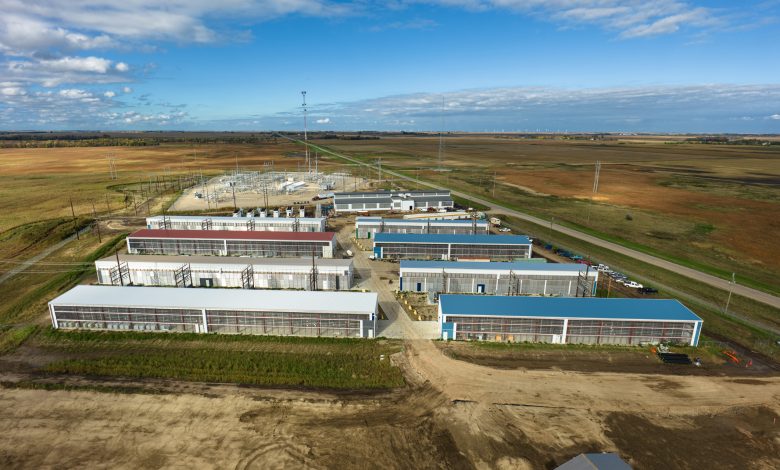NDAs Keep Residents In The Dark As AI Data Centers Spread Across The US


The construction of hyperscale AI data centers is booming across the United States, but non-disclosure agreements (NDAs) keep many details hidden from affected communities.
According to NBC News, major tech companies require landowners and public officials to sign NDAs to receive limited information and the promise of economic benefits.
In March 2025, three men approached Dr. Timothy Grosser and his son Andy with a $10 million offer for their 250-acre Mason County, KY, farm — 35 times what they paid in 1988 and far above local land prices.
The buyers refused to reveal their identities, with one man claiming to represent a “Fortune 100 company” but offering no names — only an NDA.
Dr. Grosser said the contract would have barred him from discussing the project, offering only limited details about its purpose, timeline, and size in return.
“We refused to sign it,” Grosser said, per NBC. “I’m not selling my farm for any amount of money.”
Grosser is among 20 residents offered deals to sell their land; 18 ultimately signed property purchase contracts.
Five months after Grosser declined, NBC reports that Tyler McHugh, director of the county’s industrial development authority, revealed at a public budgetary meeting that Mason County was part of a “global selection process” for a single-story data center building and office space project.
Industry representatives argue that NDAs protect proprietary strategies and keep companies one step ahead of competitors, preventing them from learning about forthcoming projects.
While developers and local government leaders promote data centers as economic lifelines for struggling regions, the lack of transparency fuels unease among residents.
NBC reports that a review of over 30 proposals across 14 states found that local officials often signed NDAs and worked with shell companies, sometimes leading them to conceal project information from their constituents.
Pat Garofalo, director of state and local policy at the nonprofit American Economic Liberties Project, opposes this approach.
“That violates a very fundamental norm of democracy, which is that they are answerable first to the voters and to their constituents, not to some secret corporation that they’re cutting deals with in the back room,” said Garofalo, per NBC.
Some local officials say they sign NDAs to ensure their communities are considered for new projects, fearing that transparency could spark controversy and deter opportunities.
“Either you want your government to be courting businesses and looking for development in your communities or you don’t,” Mason County Attorney John Estill, who signed the project’s NDA, told NBC. “And if you want them to be courting businesses and looking for growth in your local economies, then unfortunately, NDAs are part of the landscape.”
Residents Voice Concerns Over Environmental And Social Impact Of AI Data Centers
Across the U.S., residents in dozens of communities have raised concerns about how massive data centers could disrupt daily life.
As AFROTECH™ previously reported, the growing number of data centers is driving power costs to record highs, with some consumers seeing their bills increase by up to 80%, regardless of how far they are from the data centers.
In Prince George’s County, MD, plans for a data center were paused after residents voiced opposition over visual disruption and potential environmental and socioeconomic impacts, including noise pollution, infrastructure strain, and declining property values, AFROTECH™ noted.
The NAACP announced plans to sue Elon Musk’s xAI, an AI company based in south Memphis, TN, over air pollution concerns, per AFROTECH™. Activists allege the supercomputer facility is operating gas turbines without proper permits, disproportionately affecting predominantly Black neighborhoods.
Meta plans to build an AI data center in Richland Parish, LA, a farming community of 20,000 people. As AFROTECH™ reported, the approval has sparked concerns among residents about an increase in energy bills and water shortages, with many saying the decision seems rushed.
MediaJustice researchers warned in a September report that tech corporations are quietly draining the South economically and environmentally through their growing network of data centers.
“Today, Big Tech is following in the footsteps of Big Oil as this industry deliberately builds data centers in the South, banking on disempowered cities and towns with large Black populations to not have the local power to fight back,” researchers wrote.
“But from Bessemer, Alabama, to Memphis, Tennessee, local communities are showing up to call out the public health, environmental, and economic harms of data centers and the bulldozing of democratic processes to greenlight them.”




